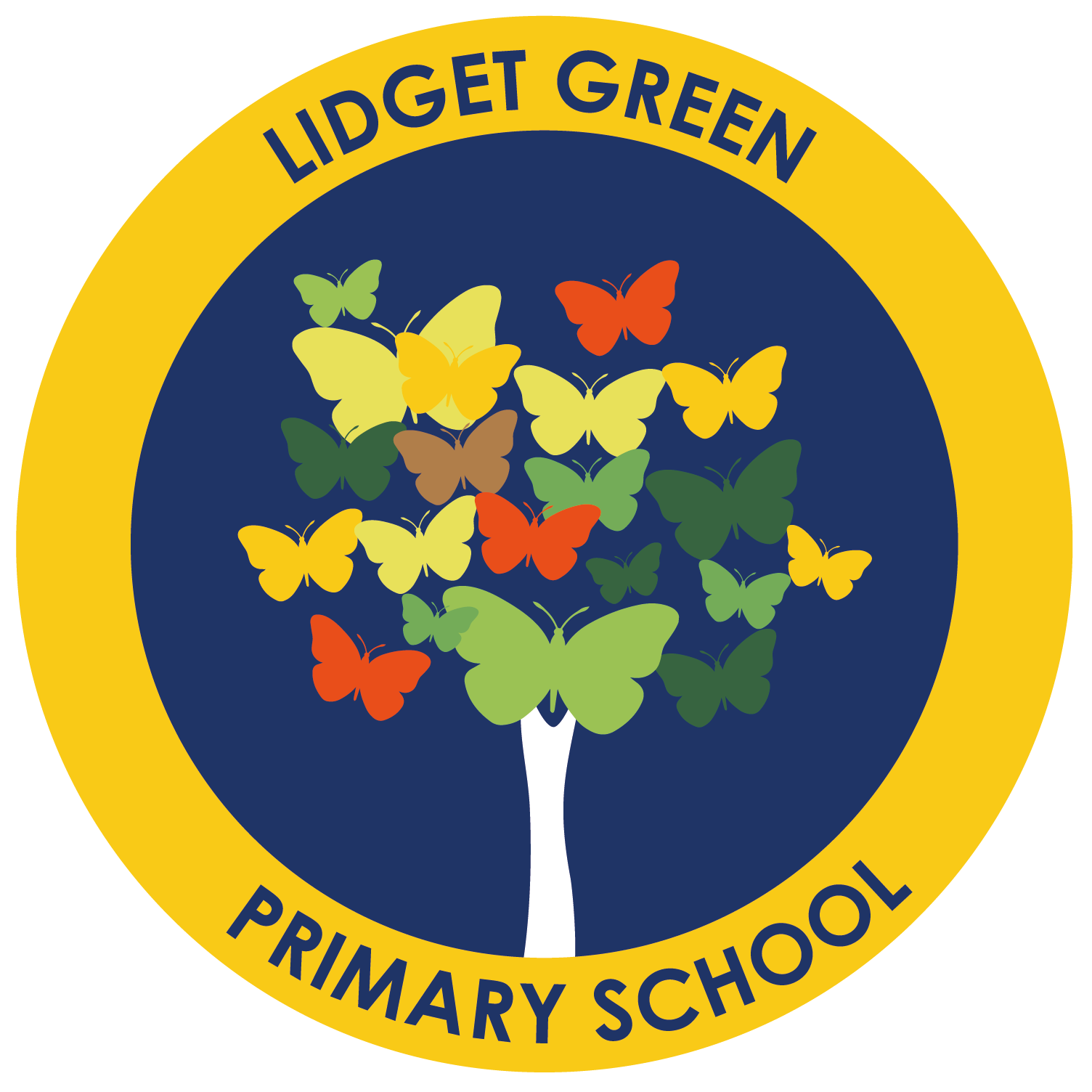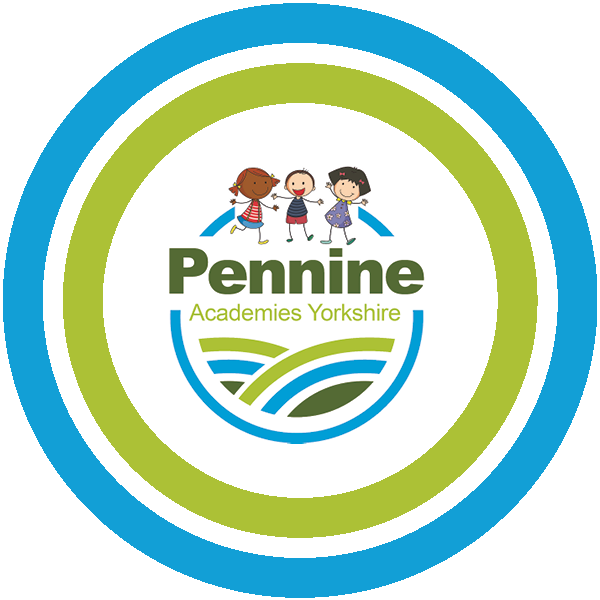Music
At Lidget Green we want our music to …
• Be exciting, engaging and inclusive
• Open our ears to a fabulous world of diverse music
• Give us confidence to explore our voices and sing up
• Bring us opportunities to play a variety of instruments
• Give us a glimpse into the world of musicians by seeing live and recorded performances
• Help us to express ourselves musically by composing our own pieces
• Help us determine what types of music we like but also develop our appreciation for different types of music.
Music is an expressive art through which we can communicate and share sounds regardless of age, gender, heritage or class. It encourages personal
and communal expression through performing and composing and is a fundamental and life-enhancing experience which is practised in all cultures
and societies. Music provides the capability to enhance, enrich and extend teaching and learning across the whole curriculum. It can promote self-esteem
and confidence in all children.
Music Curriculum Intent:
At Lidget Green Primary School, we aim to provide children with a high-quality education in Music, which develops their historical knowledge and their
appraising, composing and performing skills. They will be given opportunities to be critical and creative within music in order to develop their skills as young musicians.
We intend for music teaching at Lidget Green to be as effective and creative as possible. We intend for children to listen to a wide range of music, from
different genres, across different eras and cultures. This gives them the opportunity to think critically about what they are listening to. As well as this, it
allows them to pick up key features of genres of music which they can later use in their own music. Enabling them to listen to music across time, from the
past to the present, gives them the opportunity to understand how music has developed and changed as a result of events of the time and ensures that the musical cultural capital of our children is broad and varied to provide them every opportunity to succeed in the future.
We also intend to give children the opportunities to compose their own pieces of music. This will give them the opportunities to be creative and explore their use of sounds. They will be able to work both individually and as part of a group to create their own pieces of music. With regards to performing, we intend to give children as many opportunities as possible to perform together in order to develop their confidence. This may
be a range of pre-composed songs, which they can perform in their own style or recreate, or songs and music which they have composed themselves.
In Early Years, children will be given the opportunity to explore sounds using of range of musical instruments as a part of continuous provision. They will be able to create their own patterns and rhythms, as well as exploring other dimensions of music such as dynamics, pitch and tempo. Singing will form a
daily part of the school day whether it’s nursery rhymes, simple songs to accompany Maths and English lessons or age appropriate songs for them to learn as a part of the Sing Up Music curriculum. Practitioners will allow children to express themselves, but will also nurture and extend children’s
musical learning as appropriate. Practitioners will also expose children to different types of music from around the world.
Performing
Children will perform, listen to, review and evaluate music across a range of historical periods, genres, styles and traditions, including the works of the
great composers and musicians. They will learn to sing and to use their voices expressively, try a variety of instruments, to create and compose music on
their own and with others and have the opportunity to learn a musical instrument. They should be offered the opportunity to play tuned and untuned
instruments with increasing control, sometimes with the expertise of specialist music teachers.
Composing
We will offer the opportunity to create musical patterns so that children are able to explore, select and organise musical ideas, recording these in a variety of ways. They should be able to compose through the use of instruments and technology. They will understand and explore how music is created, produced and communicated including through the inter-related dimensions: pitch, duration, dynamics, tempo, timbre, texture, structure and appropriate musical notations.
Appraising
Children will have the opportunity to explore and explain their own ideas and feelings about music, using music, dance, expressive language and musical
vocabulary. They should be encouraged to analyse and compare sounds and gain the confidence to suggest improvements to their own work and others.
Listening and Applying Knowledge and Understanding
Provide opportunities to listen with concentration and to internalise and recall sounds with increasing aural memory. To develop a growing awareness of
musical elements. They should learn that time and place can influence how music is created, performed and heard. They should also learn that music is produced in different ways and can be described through invented and standard notation.
Music Curriculum Implementation
We plan activities to build upon a child’s prior learning, whilst giving children of all abilities the opportunity to develop their skills, knowledge and
understanding. We also plan for progression throughout the school so children have the opportunities to challenge and develop themselves as musicians.
Within our whole class teaching, children experience a wide range of musical opportunities with regards to appraising, composing and performing. They
explore a wide range of music. As well as this, a love of music is promoted to include all of these skills from both staff and children.
Children in Years 4 have group instrumental teaching (Samba) as part of their music curriculum. In Year 5, some children have the opportunity to learn how to play the guitar. We also give children in Upper Key Stage 2 access to a range of extra-curricular activities such as the school choir. Children who have been identified as SEND or vulnerable will be given the opportunity to participate in a small group percussion session. When the opportunity arises, we will invite musicians in to perform for the children. There are musical events hosted by the Bradford Music Hub which children may be able to attend as well, or even be a part of as a performer.
Approach
- At Lidget Green Primary School all children receive a weekly music lesson. All classes use the online creative music curriculum developed by Sing Up
(www.singup.org) to deliver lessons as well as other resources available such as Charanga or BBC Ten Pieces. All of the National Curriculum skills are
covered through these programs. - Foundation Stage and Key Stage 1 children perform in an annual Nativity production. Year 6 children also perform at the end of the summer term.
- Instrumental groups will be encouraged to perform in assembly wherever performances are ready to be heard.
- Children are given opportunities to sing as a group in assemblies each week.
- This involves learning songs with lyrics that reflect the school’s ethos and values in different musical styles.
Differentiation
- Those children with a particular interest or aptitude in music may be given the opportunity to extend their education for example by learning an
instrument and performing in assembly. - Pupils experiencing difficulties will be given extra encouragement by working in a small group in music lessons either with the teacher or with a more musically able child.
- SEND resources are available through the resource programs that are used in school.
Assessment
- Assessment forms an integral part of the teaching and learning or music.This is done by observing children working and performing, by listening to their responses and examining work produced. As a part of the Sing Up Music curriculum, there are Snapshot Assessment opportunities through out the year where teachers can assess children’s progress of year group expectations.
Roles and Responsibilities
The Music leader will ensure that the teaching and development of the subject is maintained at a high standard by:
- Monitoring planning across school
- Holding discussions with pupils
- Conducting learning walks to observe the coverage of music
- Providing guidance to colleagues
- Assisting with maintaining and replenishing resources that are required
(within the budget) - Assisting staff to implement assessment through school
- Ensuring that the Schemes of Work allow for progression across school
Music Curriculum Impact:
The children at Lidget Green Primary School will have developed a love of music, including composing and performing. Their skills will have progressed
in order to have made good progress against the National Curriculum objectives. As well as this, they will have had the opportunities to participate in
a range of wider opportunities for music. Music will also have been seen to have had a positive impact on well-being, and the activities they have
participated in should have had a positive impact on their mental health.

